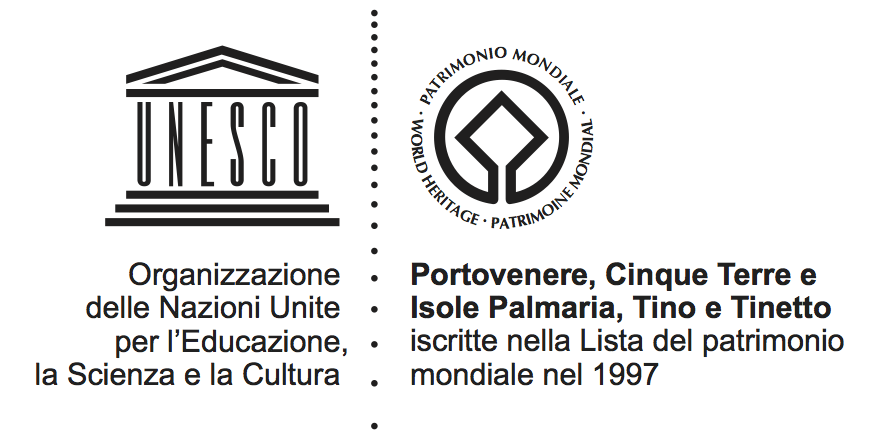A place’s culture not only manifests itself in the material aspects, but also takes on immaterial forms, which are transmitted from generation to generation through language, music, theatre, behaviour, gestures, practices, customs, and many other social and cultural forms. Intangible heritage can be identified in values, customs, languages, oral traditions, traditional ways of life, creativity, adaptability and, in general, in everything that forms the distinctive character of a people.
World Heritage dry stone walls
At a meeting for Committee for the Protection of Intangible Cultural Heritage, which took place from November 26th to December 1st 2018 in Port Louis, Mauritius formally registered the Art of dry stone walls on the UNESCO Intangible Cultural Heritage List. Registration is common to eight European countries - Cyprus, Croatia, France, Greece, Italy, Slovenia, Spain, and Switzerland.
Territorial products
Within the UNESCO site, the heritage of knowledge related to wine and agricultural production in general, typical products (wine, lemons, oil, blue fish) and the relative gastronomic recipes are an important testimony of local traditions and of the population’s way of living and representing a concrete expression of the local culture.
